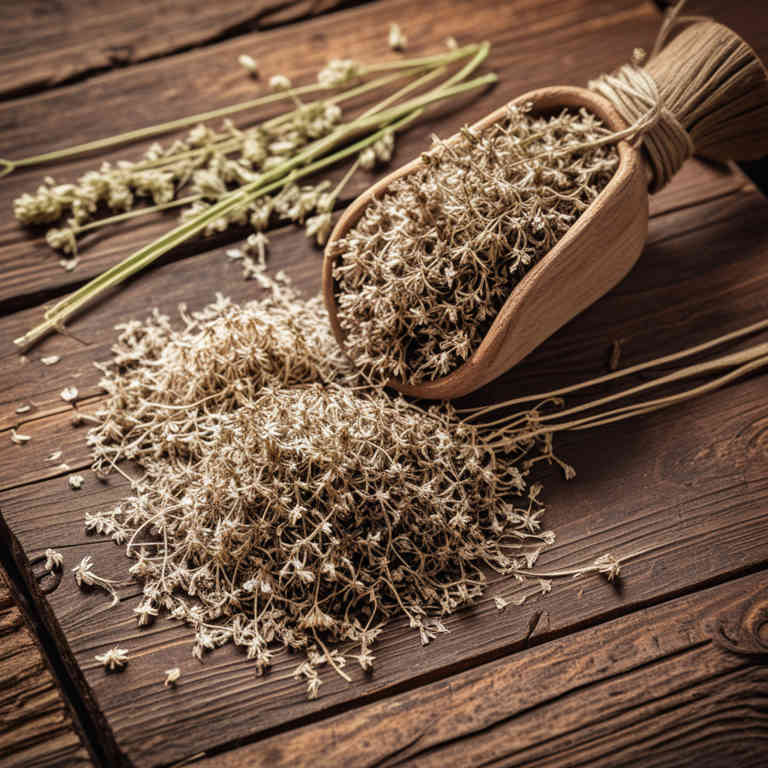Pimpinella anisum linctuse for medicinal use

Pimpinella anisum linctuse is a herbal preparation derived from the seeds of the anise plant, commonly used in traditional medicine.
It is known for its expectorant and antispasmodic properties, making it effective in relieving coughs and respiratory congestion. This preparation is often used in herbalism to soothe irritated throats and ease breathing in individuals suffering from colds or bronchitis. It may also help reduce inflammation in the respiratory tract.
Due to its aromatic and soothing qualities, it is frequently incorporated into herbal remedies for digestive and respiratory support.
Uses
Pimpinella anisum linctuse has been used to soothe respiratory discomfort and alleviate coughing for centuries.
Historically, it was valued in ancient Egypt and Greece for its aromatic and medicinal properties, often used in inhalations and as a remedy for chest congestion. In traditional medicine, it was commonly prepared as a syrup or tincture to ease bronchial irritation and promote expectoration. Modern uses continue to include its application in cough syrups and herbal remedies, supported by its antispasmodic and carminative effects.
Today, it remains a popular ingredient in natural health products for its soothing and therapeutic benefits.
Benefits
Pimpinella anisum linctuse has health benefits such as aiding digestion, relieving respiratory congestion, and soothing coughs.
It is commonly used to alleviate symptoms of colds, bronchitis, and other respiratory conditions due to its expectorant properties. The preparation may also help reduce inflammation and ease nausea, making it beneficial for digestive health. Its mild sedative effects can promote relaxation and improve sleep quality.
Overall, Pimpinella anisum linctuse is valued for its natural ability to support both respiratory and digestive wellness.
Constituents
Pimpinella anisum linctuse active constituents include anethole, estragole, and fatty oils, which contribute to its medicinal properties.
These compounds are responsible for the preparation's characteristic licorice-like flavor and its soothing effects on the respiratory system. Anethole, in particular, acts as a mild antispasmodic and carminative, helping to relieve coughing and ease digestion. Estragole also exhibits antimicrobial properties, supporting overall respiratory and digestive health.
The fatty oils in the preparation provide additional emollient effects, making it useful in treating conditions such as bronchitis and gastrointestinal discomfort.
Preparation
To make Pimpinella anisum linctuse, first gather 1 to 2 tablespoons of anise seeds and 1 cup of hot water.
Allow the seeds to steep in the water for 10 to 15 minutes, then strain the liquid to remove the seeds. Add a small amount of honey or sugar to sweeten the mixture, adjusting to taste. Store the linctuse in a sealed glass jar in the refrigerator for up to one week.
This preparation is traditionally used to soothe coughs and ease respiratory discomfort due to its expectorant and antispasmodic properties.
Side Effects
Pimpinella anisum linctuse may lead to gastrointestinal discomfort, including nausea, vomiting, and diarrhea, due to its potent essential oils.
It can also cause allergic reactions in individuals sensitive to anise or related plants. Long-term use may result in liver toxicity, as some compounds in the preparation are known to be hepatotoxic. Overuse or high doses may lead to respiratory depression, especially in vulnerable populations such as infants or the elderly.
It is important to consult a healthcare professional before using this preparation, particularly for prolonged periods or in combination with other medications.